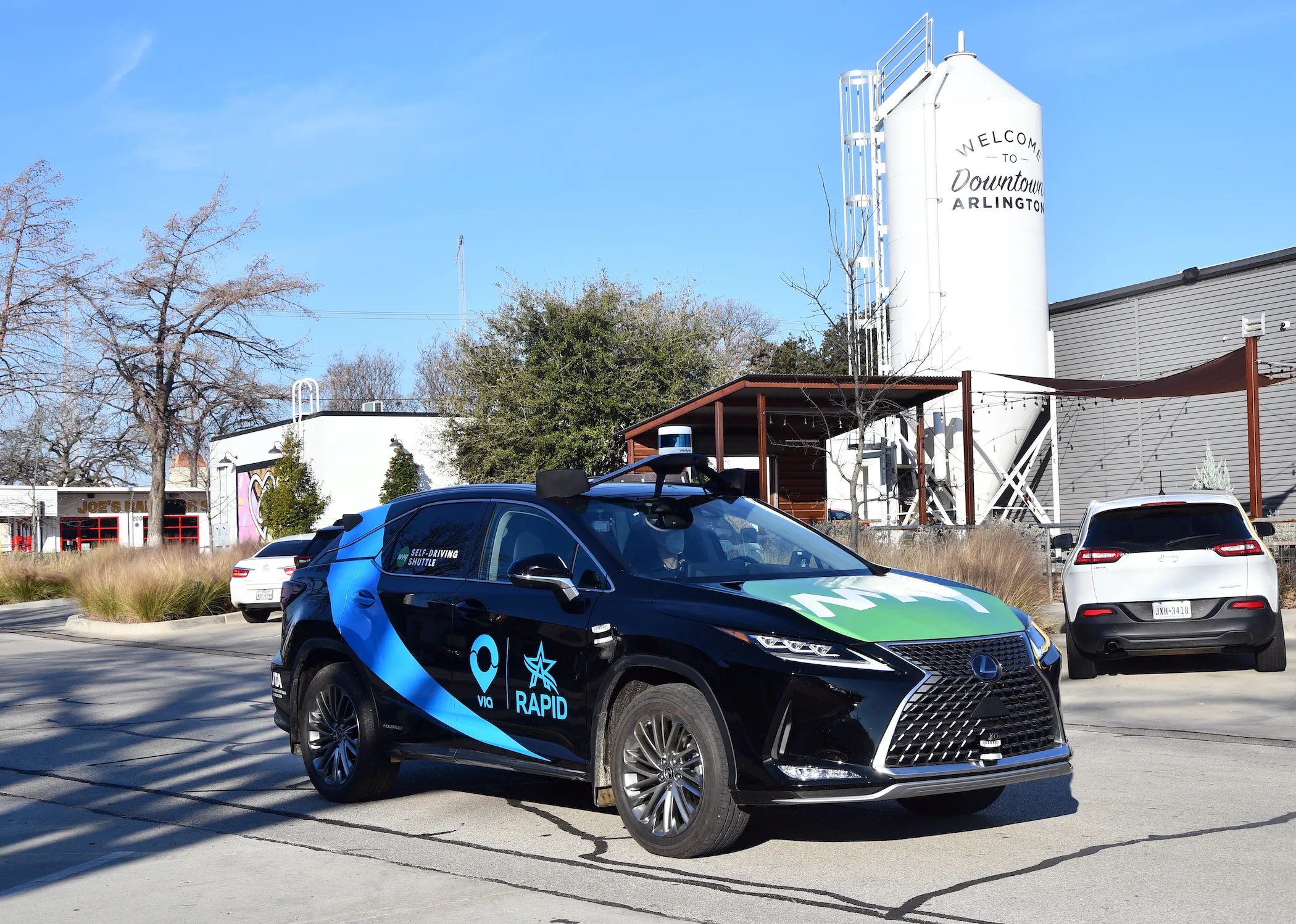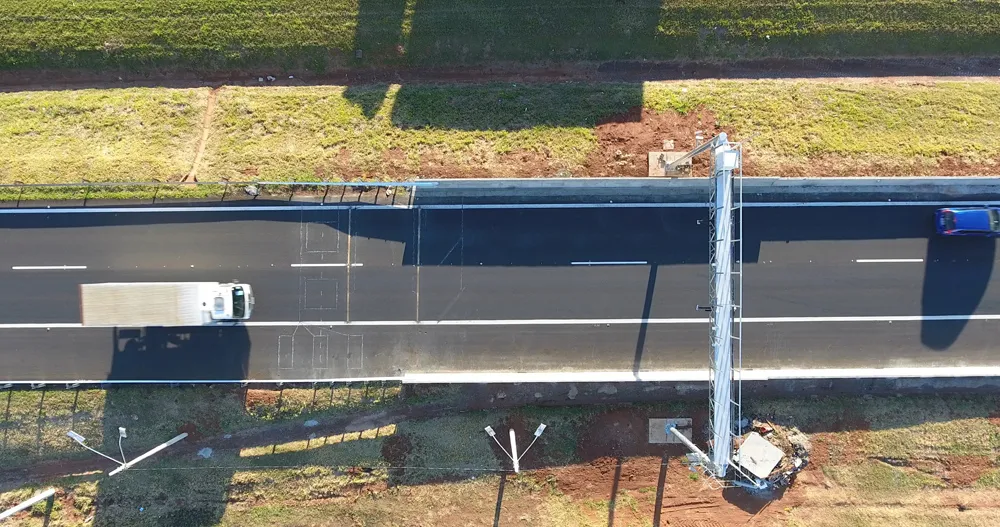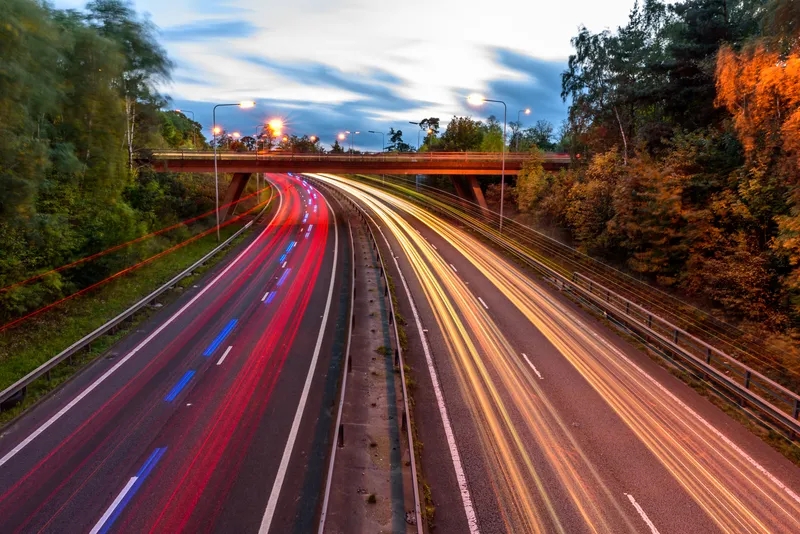
Via is taking part in a pilot programme that integrates on-demand autonomous vehicles (AV) into an existing public transportation service in the city of Arlington, Texas.
The city is carrying out the RAPID (rideshare, automation and payment integration demonstration) following a $1.7 million grant from the Federal Transit Administration to integrate AVs into Via's on-demand ride-share service.
Riders can now use Via's app to book an AV trip within the RAPID service area, which includes the downtown library, City Hall, University of Texas (UTA) at Arlington and a range of offices and restaurants.
Maggie Campbell, CEO of Downtown Arlington Management Corporation, says: “Downtown Arlington measures only about one square mile but has an abundance of small and medium-sized businesses, popular locally-owned restaurants, cultural destinations, residential communities, plus UT Arlington along the southern edge. All these assets generate strong demand for hyper-local movement within our district.”
May Mobility is providing five AVs, comprising four hybrid electric Lexus RX 450h vehicles and one Polaris GEM fully electric vehicle that can carry one wheelchair passenger. A safety driver will remain onboard at all times.
Once a trip is booked, riders will be given instructions to walk up to one or two blocks from their location to a convenient pick-up location.
The vehicles include health and safety features such as a partition between the attendant and passenger areas, daily deep cleaning and face mask requirements. Each vehicle can only carry two passengers per trip to maintain social distancing.
Researchers from the College of Engineering, College of Architecture, Planning and Public Affairs and the Center for Transportation Equity, Decisions, and Dollars are also contributing to the project.
Sharareh Kermanshachi, Principal Investigator for the research team, “The research is focused on assessing and comparing rider perceptions before, during and after the RAPID project to examine potential gaps in existing and new services, recommend strategies to overcome potential challenges of the AV system, and remove adoption barriers for an enhanced ridership experience.”
The service is free for UTA students but charges the general public $3 to $5 based on distance.
It operates from 7.00 am to 7.00 pm from Monday to Friday.
Other partners involved in the project include TransitTech and UT Arlington.










